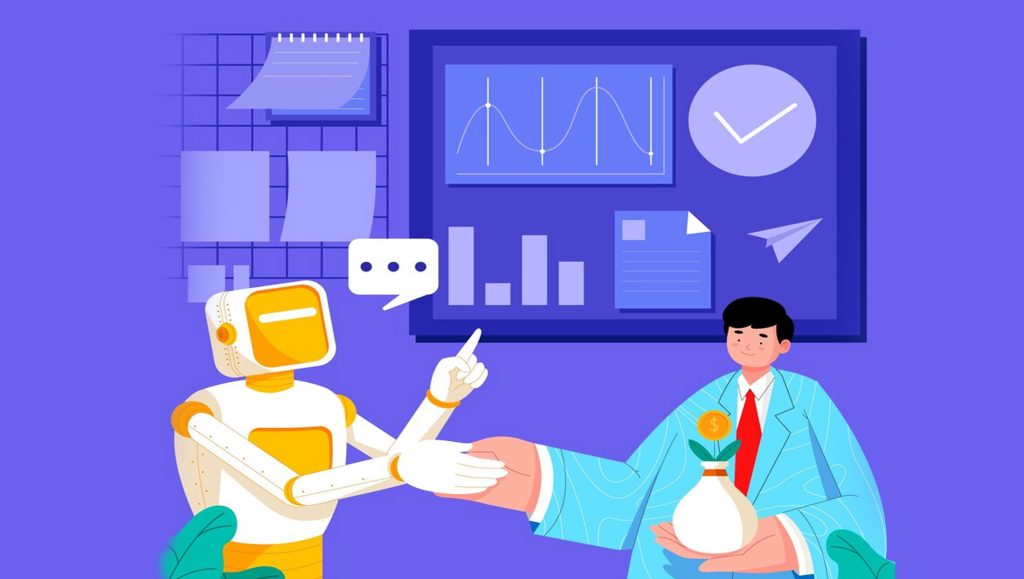Artificial Intelligence (AI), computer vision and robotics will ultimately enable retailers to provide frictionless customer experiences, streamline archaic processes, and increase diminishing product margins. Brick and mortar retailers can, therefore, improve their chances of remaining competitive if they employ these technologies correctly, prioritizing long-term ROI over short-sighted strategies, according to ABI Research, a market-foresight advisory firm providing strategic guidance on the most compelling transformative technologies.

“The high-cost barrier associated with AI, computer vision and robotics will ultimately be overcome by the potential for these technologies to offset the inherent disadvantages facing physical stores today,” said Nick Finill, Senior Analyst at ABI Research.
In 2025, brick and mortar retailers will spend US$34 billion on AI technologies, up from US$4 billion in 2018.
Read More: BrandZ Data Reveals Link Between Disruption, Creativity and Great Advertising
Computer vision will account for 29% of this spending. This is due to the technology’s ability to facilitate real-time inventory status reports, advanced customer analytics, and checkout-free retail models; all of which rely on AI-enabled cameras. ABI Research forecasts that over 44,000 checkout-free stores will have been deployed by 2023, with the Asia-Pacific home to the clear majority of these retail outlets.
Robots will also be increasingly deployed by retailers wanting to improve customer support and manage inventory more efficiently and precisely. By 2025, 167,000 robots will be in operation in physical retail stores globally, most of which will be used to monitor shelves. These robots, offered by companies such as Simbe Robotics and Bossanova, will see widespread deployment in large format stores in regions with high labor costs and strong robotics initiatives, such as North America, Europe, and East Asia.
Read More: Vymo Named ‘Cool Vendor’ in CRM Sales for 2018, by Gartner
“In the store of the future, robots and computer vision cameras will essentially act as data-generating ‘eyes’, feeding an AI ‘brain’ which can proactively respond to stimuli and predict trends at the micro and macro level,” Finill added.
AI, computer vision and robotics, when integrated with a store’s wider network of information systems, represent enormous potential to retailers desperate for actionable insights, operational excellence, and satisfied customers within their physical stores. The retailers which can most effectively combine these advanced capabilities will see the greatest long-term ROI.
Read More: Sales Call Analytics Is the Difference Between Winning and Losing Customers





















